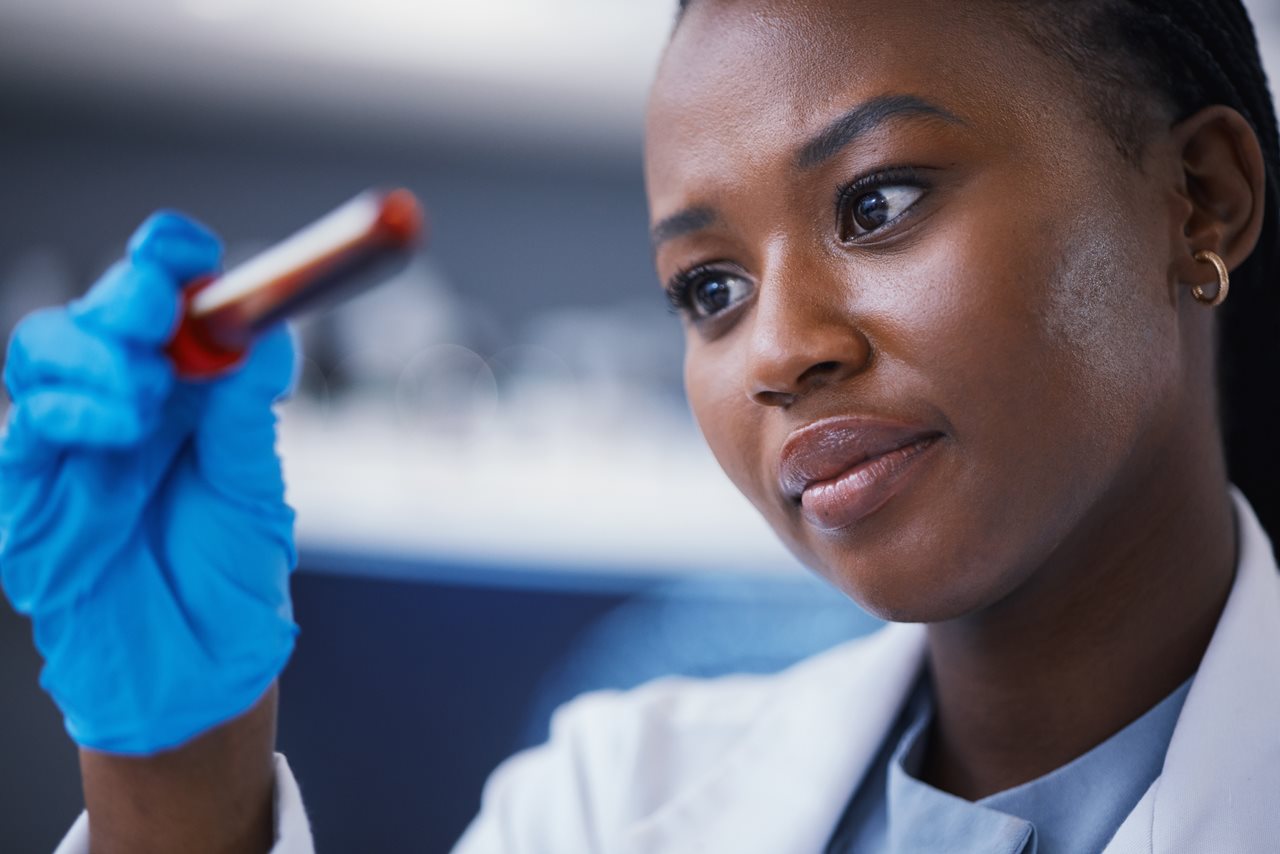(BPT) - 1. 'Previvor' means a 'survivor of a predisposition to cancer.'
Previvors are people who have an elevated risk, but who have never been diagnosed with cancer.
The term includes people with an inherited mutation that increases their cancer risk, a family history of cancer or some other factor that increases risk. Like cancer survivors, previvors must navigate many medical decisions. They benefit from support and resources to help them stay as healthy as possible.
The nonprofit hereditary cancer organization Facing Our Risk of Cancer Empowered (FORCE) coined the term in 2000 in response to a challenge by a FORCE member who posted, "I need a label!"
2. Genetic testing can help people understand their cancer risk.

The most well-known genes linked to cancer are BRCA1 and BRCA2. Mutations in these genes increase the risk for breast, fallopian tube, ovarian, pancreatic and prostate cancer. People of any race or ethnicity can have one of these inherited mutations. About one out of every 400 people has a BRCA1 or BRCA2 mutation. These mutations are more prevalent in certain groups. For example, about one in 40 people of Eastern European (Ashkenazi) Jewish ancestry has a mutation.
Dozens of other genes are linked to an increased risk for cancer. Lynch syndrome, although less well known than BRCA1 and BRCA2, is more common. About one out of every 280 people has a Lynch syndrome mutation. Lynch syndrome is caused by a mutation in one of five genes (EPCAM, MLH1, MSH2, MSH6, PMS2). People with Lynch syndrome have an increased risk for colorectal, endometrial, ovarian and other cancers. Inherited mutations in ATM, BRIP1, CDH1, CHEK2, PALB2, RAD51C, RAD51D and other genes are also associated with increased cancer risk.
A single genetic test of blood or saliva can look for mutations in the genes mentioned above and more. Today, testing is quick, easy and often covered by insurance. But testing isn't always straightforward. It's important to speak with an expert, known as a genetic counselor, before you are tested.
3. Being aware of your risk could save your life.
Previvors have medical options to manage their cancer risks, including:
- enhanced screening (getting screened sooner or more often) to find cancer early, at its most treatable stage.
- medications and lifestyle changes to lower cancer risk.
- risk-reducing surgery.
- research studies that are testing new ways to manage risk.
Research shows that people with inherited mutations who take preventive actions live longer. The first step to protecting yourself is knowing your risk for cancer. Guidelines for risk management are different for each gene, so it's important to see a genetic counselor to understand your options.
4. Up to 90% of previvors do not know they have inherited a mutation that increases their cancer risk.
Most people are unaware of their risk for cancer. People who know about their inherited mutation before a cancer diagnosis can take steps to reduce their risk or increase their chance of catching cancer at an early, more treatable stage. This is why it is important for people to know their family medical history and to share their health information with relatives.
- FORCE's brochure, The Genes Between Us, is a comprehensive guide to talking with relatives about inherited cancer risk.
- Susan G. Komen has great information and a tool for collecting your family history of cancer.
- The Centers for Disease Control and Prevention (CDC) has a page with tips and stories to help you have a conversation with your relatives about cancer in the family.
5. Previvors don't have to go it alone.
Support for previvors is just a click away. Facing Our Risk of Cancer Empowered (FORCE) is an advocacy organization with dedicated resources for previvors. The Bring Your Brave campaign from the CDC shares uplifting stories and resources for previvors.














